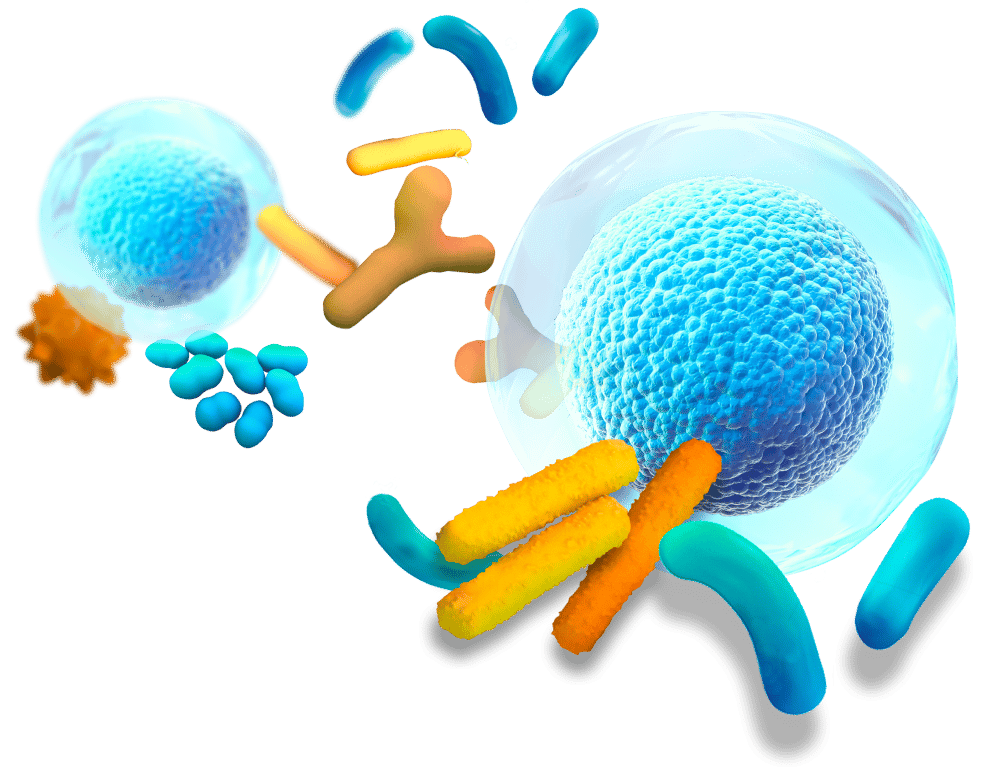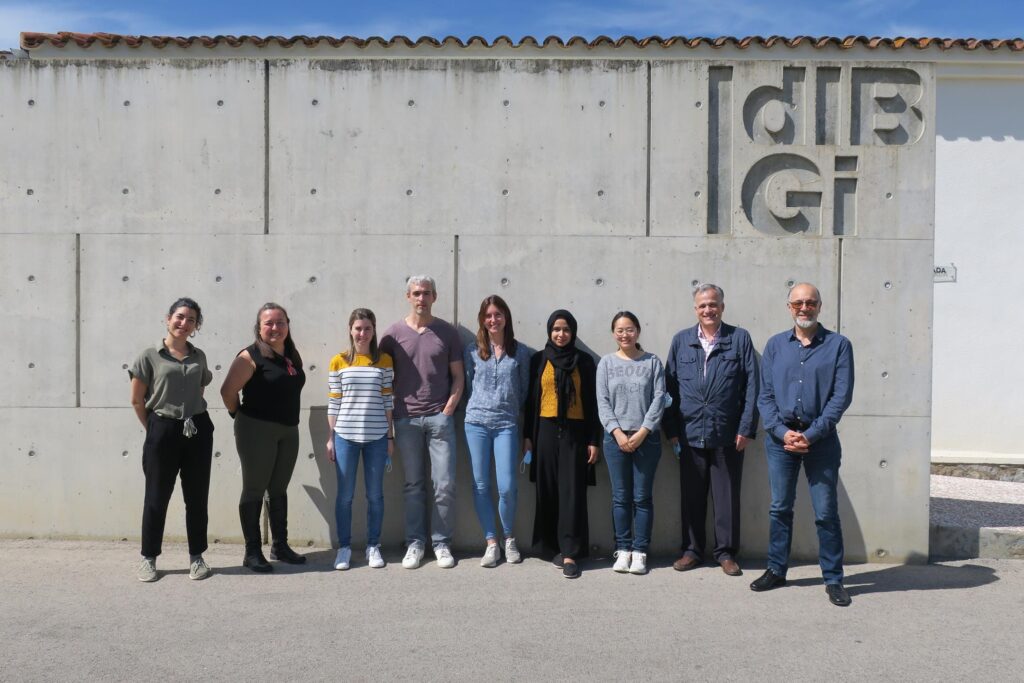The prevalence of neurodegenerative disorders is one of the most important current threats to aging in Europe. Obesity is known to have effects on neurocognition and gut microbiota composition, and the microbiota is an important but under-recognized element in neurocognitive dysfunction in the elderly.
Two years after its creation, the Thinkgut project is nearing its end. ThinkGut has been able to carry out and develop all the objectives and activities that were set at the beginning.
In this sense, ThinkGut has successfully achieved major advances in gut research, such as diagnostic-therapeutic tools based on the microbiome. The project also created a cross-border anonymized repository with clinical-biological information on the microbiota-cognition relationship for the development of multi-scale systems biology models for the gut-brain axis in humanized mice and humans. Thanks to the project, it has also been possible to form research profiles specialized in the interrelationship between microbiota and cognition within the cross-border territory.
The final results of this project are a synergistic and strategic collaboration with research centers of the cross-border territory. These collaborations will allow the creation of tools for the prevention, diagnosis and treatment of neurocognitive disorders associated with advanced age and obesity, thus adressing one of the most important problems of aging in the European Union.

